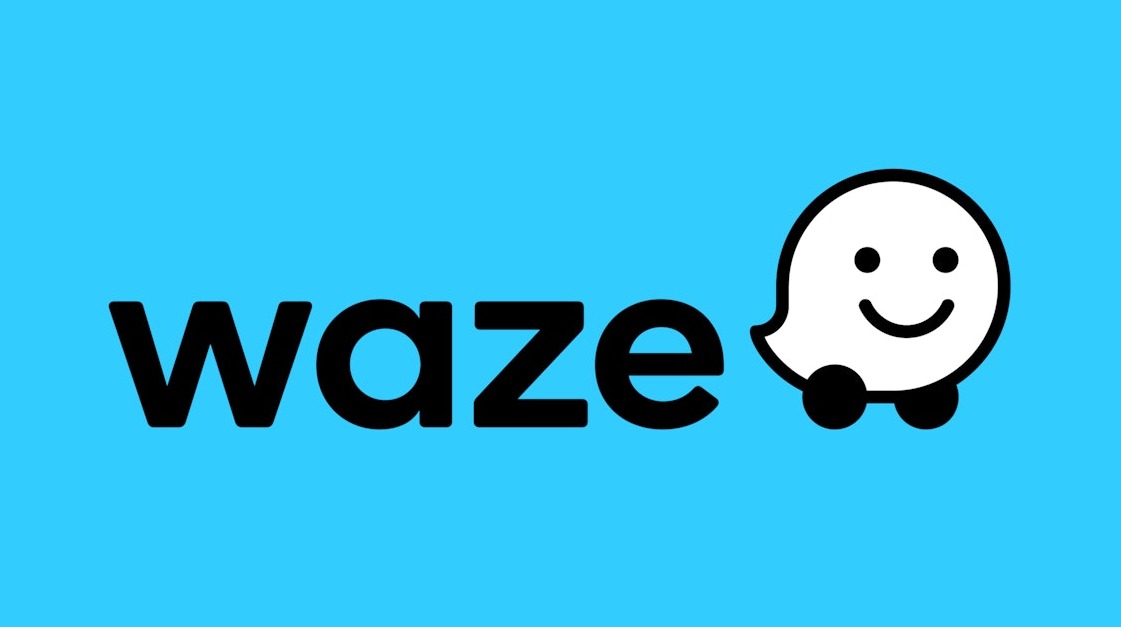A decade after acquiring mapping app Waze, Alphabet-owned Google has announced job cuts at the company.
On Tuesday, Google confirmed that it is cutting jobs at Waze as it looks to merge its advertising system with Google Ads technology. Google did not give details on the number of layoffs at Waze, which it acquired in 2013 for $1.3 billion.
The company previously in December said that it would merge Waze and Google Maps teams in an effort to consolidate processes in the Google Geo division. This division is made up of Google’s portfolio of real-world mapping products including Google Earth, Google Maps and Street View.
In a statement, Google said: "In order to create a better, more seamless long-term experience for Waze advertisers, we've begun transitioning Waze's existing advertising system to Google Ads technology. As part of this update, we've reduced those roles focused on Waze Ads monetisation.”
An internal email seen by CNBC from Chris Philips, vice president and general manager of Google Geo, added that Google will notify advertisers and partners about the shakeup today.
Elsewhere, the top executive at Google's Brazilian business said that the company is looking to avoid 'perverse' regulation in the country. A proposed bill commonly referred to as the Fake News Law would put internet companies, search engines and social messaging services under extra pressure to root out illegal material on their platforms under the threat of heavy fines.
Fabio Coelho, vice president of Google Inc and Google Brazil director, said that the company is not against regulation of digital platforms but encouraged a dialogue between tech firms and lawmakers.
Latest News
-
The top technology trends to expect in 2026
-
The most read National Technology News stories of 2025
-
Lyft and Uber sign deals with Baidu for robotaxi trial in London
-
Nextdoor launches AI-driven self-serve ads platform for small businesses
-
Italy's antitrust fines Apple €98.6m over alleged App Store dominance
-
Visa partners with UAE real estate firm to launch voice-enabled agentic commerce payments
The future-ready CFO: Driving strategic growth and innovation
This National Technology News webinar sponsored by Sage will explore how CFOs can leverage their unique blend of financial acumen, technological savvy, and strategic mindset to foster cross-functional collaboration and shape overall company direction. Attendees will gain insights into breaking down operational silos, aligning goals across departments like IT, operations, HR, and marketing, and utilising technology to enable real-time data sharing and visibility.
The corporate roadmap to payment excellence: Keeping pace with emerging trends to maximise growth opportunities
In today's rapidly evolving finance and accounting landscape, one of the biggest challenges organisations face is attracting and retaining top talent. As automation and AI revolutionise the profession, finance teams require new skillsets centred on analysis, collaboration, and strategic thinking to drive sustainable competitive advantage.
© 2019 Perspective Publishing Privacy & Cookies








Recent Stories